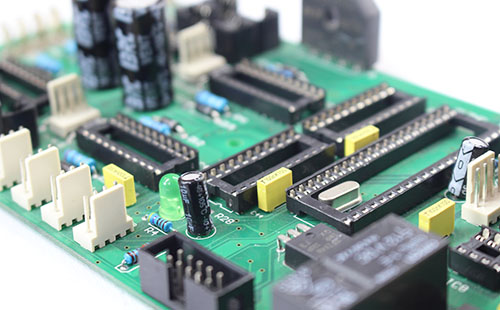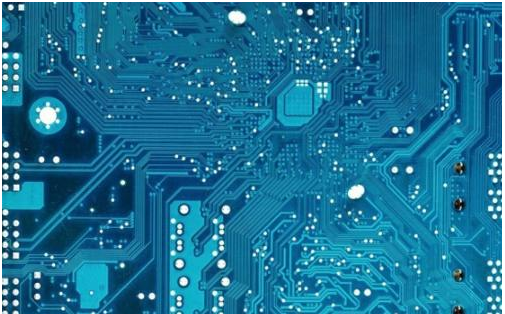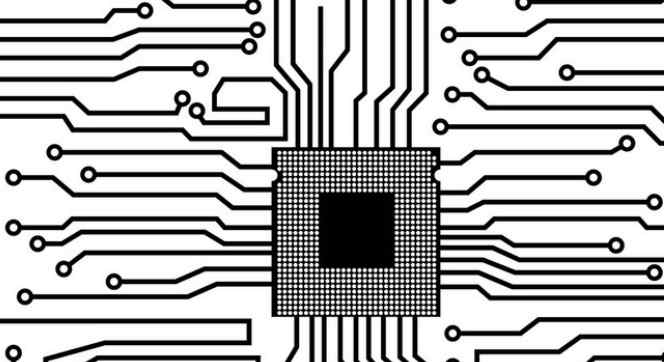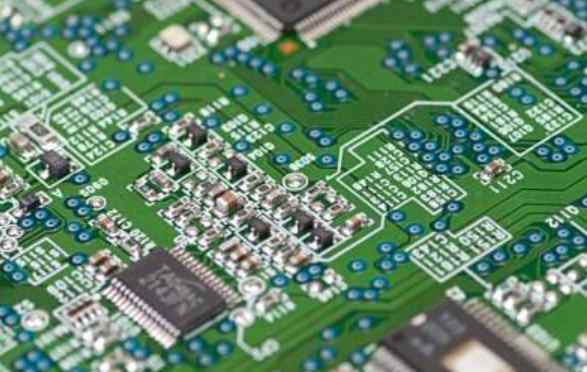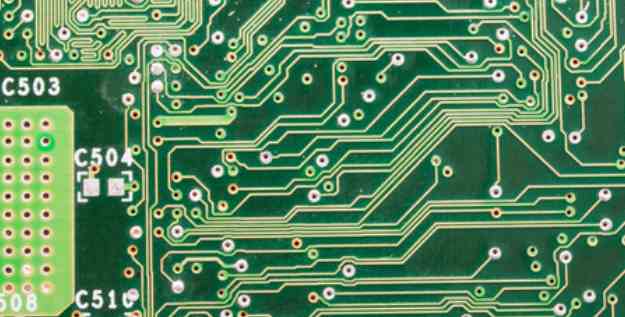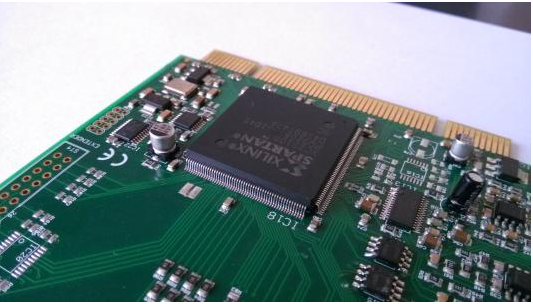
The circuit board is processed by dispensing machine, which is mainly used for waterproof, dustproof and anti-corrosion. Nowadays, many enterprises put forward higher requirements for the usability and stability of electronic products, and the dispensing process of circuit boards has become an indispensable process. Long term effective protection of sensitive circuit boards and PCB components of some electronic equipment is undoubtedly an embodiment of the increasingly important role of today's sophisticated and demanding

electronic equipment applications. The waterproof adhesive used for dispensing processing of circuit boards has stable dielectric insulation, which is an effective measure to prevent environmental pollution, At the same time, it can offset the stress caused by impact and vibration within a certain temperature range and humidity range. The glue used for circuit board dispensing processing is based on the condensation system and addition curing system. It does not need secondary curing and can meet the special requirements of bonding, heat conduction, flame retardancy, high transparency, etc. After curing, it becomes a flexible elastomer; The curing speed is uniform, which has nothing to do with the thickness of the circuit board during dispensing and the tightness of the environment.
Glue dispensing of circuit board
Advantages and characteristics of circuit board processing:
1. The product is moisture-proof, waterproof, weather resistant and can be used for a long time
2. Non corrosive metal, applicable to the potting of circuit board modules
3. Colloid is flexible and has good resistance to shock and deformation
4. High insulation and stable operation of the product after potting
5. Good fluidity, quick self leveling, and high filling efficiency
6. It is detachable. A component of the sealed circuit board can be taken out for repair and replacement, and then repaired with waterproof glue without leaving traces.
Operation process of circuit board dispensing:
1. Cleaning PCB: Scrub and clean PCB with absolute alcohol and hard brush, especially rosin residue, solder residue and other residues at welding points.
2. Drying circuit board: use a dryer or hot air cylinder to dry the circuit board, and then carefully check again after drying to see if there are obvious solder joints, short circuited solder joints, solder residue, etc.
3. Waterproof glue: brush the circuit board with a brush once, or immerse the circuit board in the waterproof glue once (it can be treated first and then weld the wire, or it can be treated after the wire is connected).
4. Wait for the waterproof glue to solidify. It takes more than 12 hours of natural drying before the next PCB process can be carried out. Of course, manual assisted drying can also be used to accelerate the curing progress.
5. Test the function of the circuit board. If it is abnormal, repair the circuit board and start dispensing the waterproof adhesive from step 3. If it is normal, proceed to the next step.
6. Fill the whole circuit board to the housing with epoxy resin/silica gel/glue stick, fix and seal the wiring, pay attention not to have dead corners, and try to make the glue flat and beautiful.
7. The waterproof adhesive shall be dry for more than 24 hours. After completion, spot check or full check the circuit board according to the actual situation to confirm whether the function is normal.


